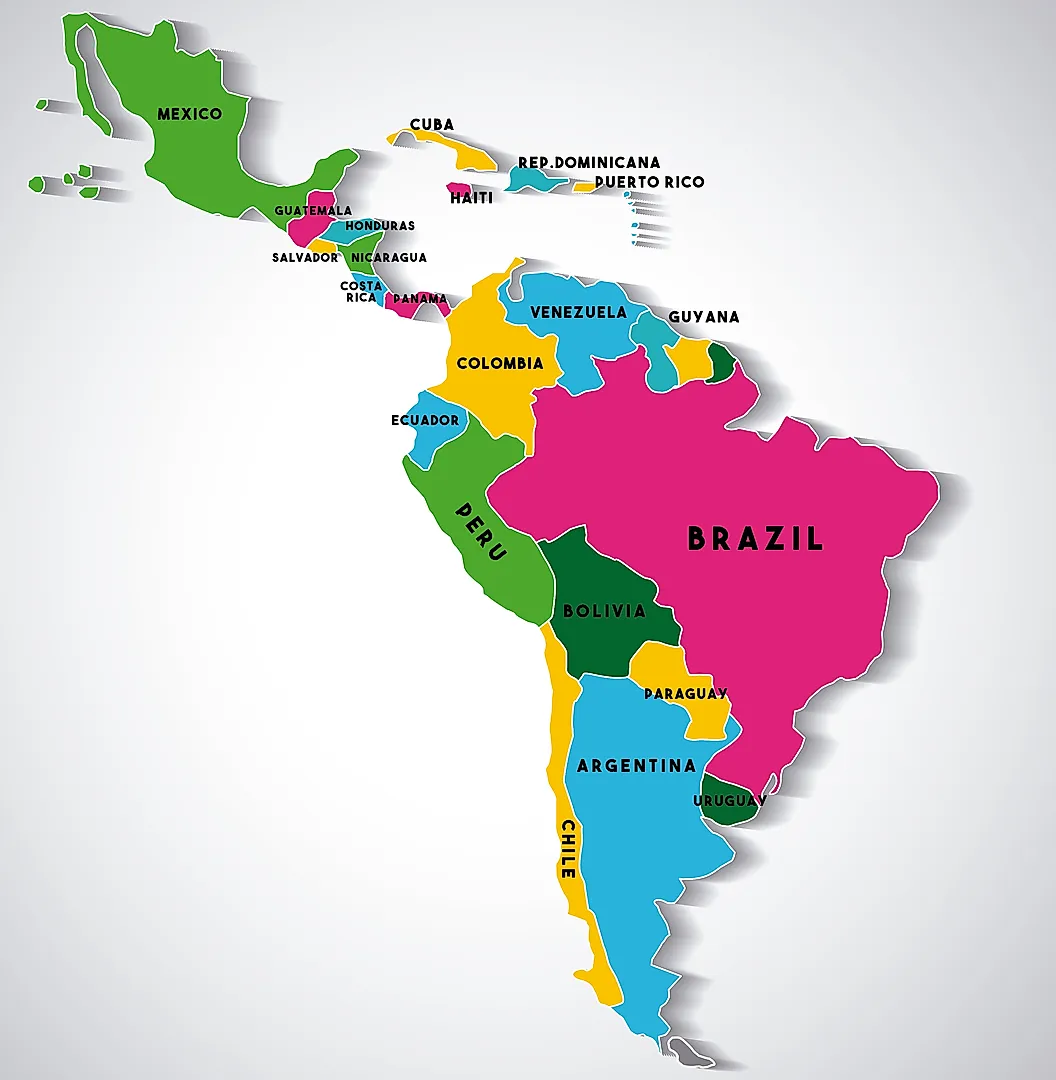“I found out I had to vote the day before,” said 32-year-old Francisco Jiménez. A resident of the working-class Buenos Aires neighborhood of Villa Soldati, Jiménez was a founding member of Rappi Milei, a group of food delivery workers who slipped libertarian flyers into the orders they delivered during Milei’s 2023 campaign. Back then, Milei’s promises of economic deregulation inspired enthusiasm among gig workers. Jiménez even attended the “funeral” of the Central Bank that Milei’s followers held after his election victory. Today, with the economy paralyzed and corruption scandals multiplying, that euphoria seems to have waned, but the votes have not. “I can’t make ends meet, even though I work a lot. I do deliveries for apps, but prices keep going up. Things aren’t great right now, but Milei hasn’t been in power that long — we have to wait a bit more,” said Jiménez, who voted for Milei’s La Libertad Avanza (LLA) candidates in Sunday’s national legislative elections. “They’re the only good thing left. The rest is more of the same, and they’ve done too much damage already.” Like Jiménez, many Argentines went to the polls with their finances in tatters, but 41% of them still chose to back the libertarians. Juan Courel, head of the consultancy Alaska Discurso y Estrategia, admitted the scale of the result surprised him, especially because it came “at the president’s lowest approval point since taking office.” Surrounded by scandals “Cornered by the rise of the dollar, unable to contain it before the vote; hit by corruption scandals, with a candidate in Buenos Aires Province accused of drug trafficking, and without control of the agenda, [Milei] still got this result,” Courel told the Herald. (Libertarian deputy José Luis Espert, who was slated to be Milei’s lead candidate in the province, pulled out of the campaign after admitting to receiving money from a man facing a major drug trafficking investigation in the United States, although Espert himself is not currently facing drug trafficking charges.) The numbers reflect “a reaction from a large part of society against the memory of the previous government,” Courel said. “Despite Milei’s problems, most people still prefer change over returning to what ruled Argentina until December 2023.” The key electoral district of Buenos Aires Province, which is home to almost 40% of Argentine voters, held local elections on September 7, ahead of the October 26 national vote, at the decision of Governor Axel Kicillof. Peronism won the local ballot in a landslide. “It acted like an alarm clock for anti-Peronist voters, who are now the majority,” boosting turnout, according to Courel. Compared to the provincial elections, LLA added 881,000 votes — a 32% increase — while the ruling Fuerza Patria lost over 260,000. Former president Cristina Fernández de Kirchner also criticized the split. Analysts and Peronists alike have argued that the Fuerza Patria front narrowly lost the national vote, 40.8% to LLA’s 41.5%, in part because local officials such as mayors who longer had skin in the game did not deploy their grassroots power in the same way. The U.S. government’s bailout also played a key role. Though voters rarely mentioned it, Washington’s intervention in the foreign currency market propped up the peso right as Argentina’s Central Bank ran out of dollars it could sell; in the weeks before the election, Milei’s economic program seemed exhausted. President Donald Trump had warned he would withdraw support if Milei lost. Many in the opposition saw this as blackmail, but the dollars injected into Argentina’s currency market by U.S. Treasury Secretary Scott Bessent helped stave off economic chaos (a devaluation would have sent inflation spiraling), something voters opposed decisively. ‘Let’s keep swimming’ Courel said that Trump’s remarks fuelled fears of a Peronist comeback. “If it was a form of extortion and it worked, it was because voters found it compatible with the narrative that a return to those who had previously governed would be catastrophic – even more so than Argentina’s current economic situation,” he said. For many voters, a deciding factor was the surfeit of familiar faces among the opposition, according to political scientist Lara Goyburu, executive director of Management & Fit consultancy. “Every list opposing Milei was made up of people who had run the country for the last 20 years,” she said. “The electorate said, ‘We already know what that looks like, and we don’t want to go back.’ They preferred an uncertain future over a certain past.” Goyburu described the vote as “purely economic.” Inflation under Alberto Fernández’s government surpassed 200% in 2023, the highest in three decades. By September this year, the annual inflation rate had dropped to 31.8% — although this was the product of a collapse in consumption, jobs, and businesses. “The voter’s reasoning goes like this,” Goyburu explained: “Things aren’t good today, but if what’s being offered is a return to the inflation of the last ten years, that’s not what I want. […] We’ve sacrificed a lot already — going back makes no sense. Let’s keep swimming and see what happens.” An escape forward Several analysts have revived the concept of an “escape forward,” coined by Vicente Palermo and Marcos Novaro, to explain why the electorate backed Carlos Menem’s neoliberal reforms in the early 1990s. Their 1996 book Poder y Política en el gobierno de Menem (Politics and Power in the Menem Government) argued that the previous hyperinflation made the population more amenable to supporting harsh structural reforms whose costs seemed “lower than those of going backward, since going back meant risking hyperinflation again.” The trauma of that experience, the authors wrote, “was crucial in shaping the consensus for a forward escape: it generated intense popular demands for order.” On election day, outside the Hotel Libertador, that sentiment was palpable among Milei’s staunchest supporters. Amid purple smoke, car horns and chants, 64-year-old Oscar Alfredo stood out with his fedora, thick moustache, and a faded “Milei 2021” T-shirt — a relic from the libertarian’s first congressional campaign. ‘Life’s hard, but I have to adapt’ Alfredo, a former truck driver who became disabled after an accident, now uses crutches. He defended Milei’s cuts to pensions and disability benefits — even though they hurt him personally. “Life’s hard, no doubt. I’m squeezed from all sides. But I have to adapt,” he said. He compared the national crisis to a household budget. “Let’s say you’re a family — a couple with three kids. The crisis hits you. It’s not your fault, but you have to put your house in order. Your kid can’t play football anymore, you have to cut things out. It’s the same here: we have to make sacrifices.” “Our president told us we need to tighten our belts and hold on. So let’s hold on,” he said. Sunday’s vote suggests that’s an idea that resonated far beyond Milei’s most fervent supporters.
Escape forward: Why Argentines voted for Javier Milei
Date:




